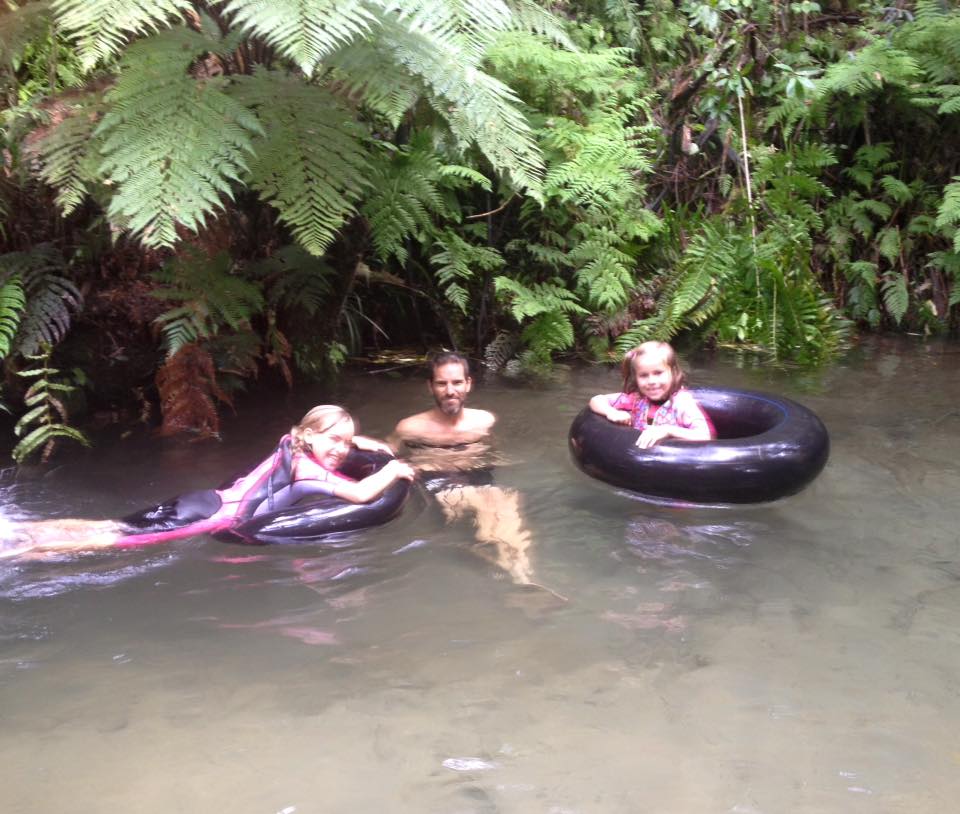Co-Governance : A Blueprint for Stewardship
Education, May 29, 2023
Maori principles offer a holistic approach to environmental management that recognises the interconnection between people, land, and biodiversity. Co-governance should not be a point of division.
The irrational fear drummed up by some people in power over co-governance has no basis. Māori have a strong cultural connection to our natural environment and the principles that relate to the environment create a protective, rather than profit perspective view on our natural world, that should be embraced by all New Zealanders.
1. Kaitiakitanga: This principle relates to the concept of guardianship and the responsibility to protect and care for the environment. Māori believe that the environment is a taonga (treasure) that has been passed down from their ancestors and must be preserved for future generations.
2. Whakapapa: This principle relates to the interconnectedness of all things and the idea that everything in the natural world has a genealogical connection. Māori believe that people are connected to the land and the natural world through their whakapapa (genealogy) and that this connection should be respected and nurtured.
3. Manaakitanga: This principle relates to the idea of hospitality and the responsibility to care for others. Māori believe that the environment provides for their needs and that they have a responsibility to care for it in return.
4. Tapu and noa: These principles relate to the concepts of sacredness and purity. Māori believe that everything in the natural world has a level of tapu (sacredness) and that certain rituals and practices are required to maintain the balance between tapu and noa (purity). We must understand that having this level of reverence for our forests, oceans, and rivers is vital for our chance to thrive. Living in harmony with our ecosystems as part of nature rather than trying to dominate it (check out my article on why many still believe we have 'dominion' over the earth - https://everfit.co.nz/membership/articles/the-greatest-speech-you-need-to-hear )
5. Rangatiratanga: This principle relates to the concept of leadership and the responsibility to make decisions that benefit the collective. Māori believe that the environment should be managed in a way that benefits everyone and that decisions should be made in consultation with all stakeholders.
Overall, these principles reflect a deep cultural connection to the natural environment and a belief that humans have a responsibility to care for it. We are all stewards for the natural world and having Maori in co-governance with decisions about our environment helps protect this principle. Many indigenous cultures around the world make decisions that benefit the long term; looking forward for seven generations. This is a refreshing counter point of view to the short sighted 3 year political cycle that drives most policy. Co-governance is seen as an important way to recognize and uphold the Treaty of Waitangi. The Treaty is considered the founding document of Aotearoa and should be a cornerstone in our country's constitutional arrangements.
Co-governance arrangements are one way in which the government seeks to give effect to the Treaty's principles of partnership, participation, and protection.
Chris Finlayson is a former National politician and Attorney-General of New Zealand. He has been involved in several initiatives related to co-governance arrangements with Maori. In his role as Attorney-General, he was involved in negotiating and implementing co-governance arrangements in several areas, including the Waikato River and the Tuhoe settlement. He has spoken about the importance of these arrangements as a way to recognize the unique status of Maori in New Zealand and to promote their participation in decision-making processes that affect them. In a 2012 speech, Finlayson said that co-governance arrangements should be seen as a way to promote "a new era of partnership and cooperation" between Maori and the New Zealand government. He emphasized the need for these arrangements to be based on mutual respect and understanding, and to be flexible enough to evolve over time. Chris Finlayson a former National politician has been a strong advocate for co-governance arrangements in New Zealand as a way to recognize the unique status of Maori and to promote their participation in decision-making processes that affect them.
Co-governance arrangements between the New Zealand government and Māori are essential for promoting a more just and equitable society. By recognizing the unique status of Māori as the indigenous people of New Zealand and giving them a seat at the table in decision-making processes, co-governance arrangements can help promote greater respect for Māori culture and values giving Aotearoa a very unique place in the world. Moreover, by facilitating greater collaboration and cooperation between Māori and the government, co-governance arrangements can help to promote sustainable and inclusive development that benefits everyone in Aotearoa, New Zealand. Co-governance should not be kicked around as a divisive political football. It is only by working together in partnership and mutual respect that we can build a better future for all New Zealanders, and co-governance arrangements are a crucial step towards achieving this goal.
For Physiotherapy, Coaching, my book 'Holistic Human', Training Plans, YouTube, FREE recipes,
Connect below
https://linktr.ee/everfitcoach

My daughters and I enjoying a dip in a clean stream
.jpg?version=8)